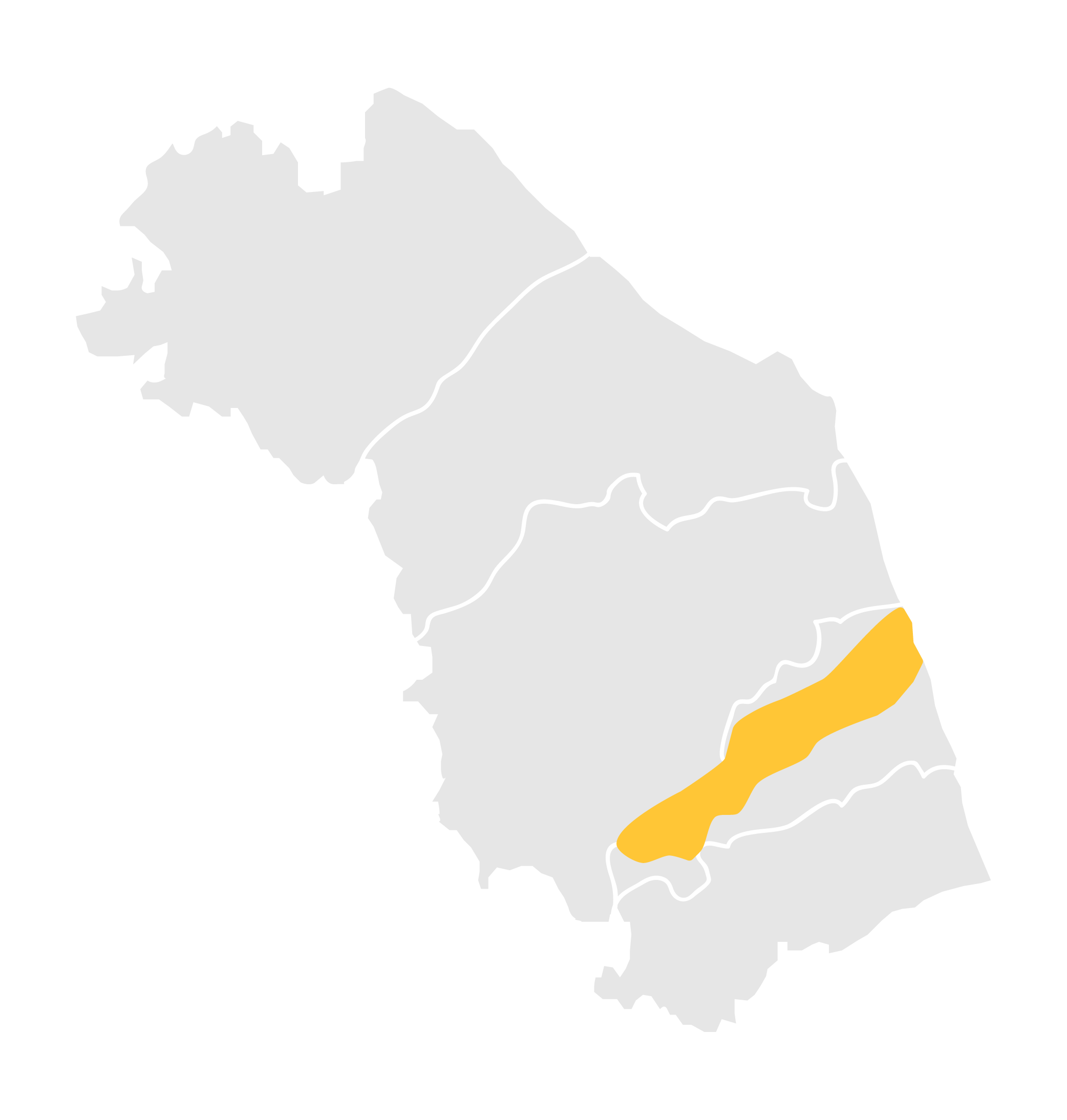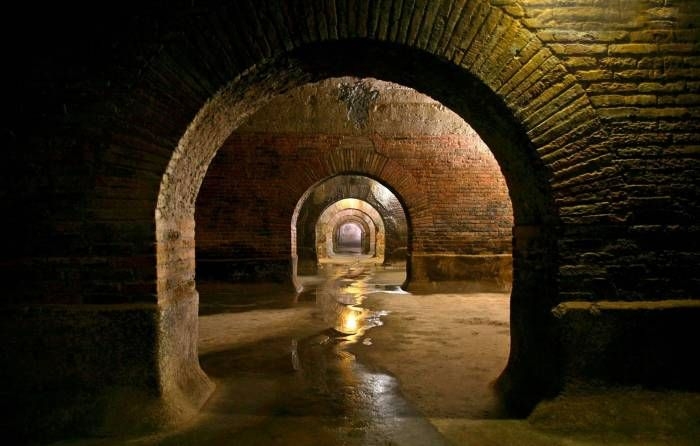
The site where the city of Fermo rises was densely populated as of the Bronze Age. The excavations carried out starting in the 20th century have documented various phases of occupation of the hill on which today the city is located, a strategic point for the control of the surrounding valleys and of the coastal roads. The findings from the necropolises located in the territory of Fermo, in the districts of Misericordia, Solfonara and Mossa, have contributed to delineating the uniqueness of Fermo within the archaeological context of the Marche region. In fact, in the necropolises, in addition to the inhumation graves typical of the Picene culture, there were groups of cremation burials in which the ashes were kept inside biconical vases. This type of burial, comparable to those in Etruria, Emilia Romagna and Campania, is typical of the Villanovian culture, which is considered the most ancient phase of the Etruscan civilization. The cremation burials seem to disappear as of the 7th century BC, unlike the Picene burials that continue at least until the 6th century BC, following which it is conceivable that burials began taking place in the area of Sabulo hill. The finds recovered in the necropolises of the Fermo territory are currently exhibited in the archaeological exhibit of the Palazzo dei Priori in Fermo, in the National Archaeological Museum of the Marche of Ancona, and the Archaeological Museum of Ascoli Piceno. As of 264 BC, in the same inhabited area of the Picene, the Roman colony of Firmum was established. The city was considered of fundamental strategic importance by Rome for control of the Picenum and in 90 BC. became a municipality. The still visible evidences related to the Roman city date back to the Augustan age, to wit the large cisterns, also called piscinae epuratorie, or purging pools, a hydraulic work of about 2200 square meters, consisting of thirty rooms originally placed below the city's forum. The cisterns had the function of supplying water to the city and its port, Castellum Firmanorum. Perfectly preserved, they represent a unique monument for the Marche region and can currently be visited by guided tours. In addition to the large cisterns, also dating to the imperial period are the so-called small cisterns located near Piazza del Popolo, smaller than the former and not open to visitors. Another monument related to the Roman plant is the theater on the northern slope of Sabulo hill. Of this monument, also datable to the Augustan age, only some structures incorporated in successive constructions and the external ring corridor, corresponding to the current street of the ancient theater, are currently visible. The Paleochristian basilica whose remains are present inside the metropolitan cathedral of Santa Maria Assunta in Cielo belongs, instead, to the period of late antiquity. At the center of events of the Greco-Gothic war, Firmum was captured by the Goths and following the Lombard invasion it became part of the Duchy of Spoleto.
We have found no place to eat in the vicinity
We have found no place to sleep in the vicinity
No Itinerary Found

|
Address | Via degli Aceti 1 Fermo |

|
Phone Number | (+39) 0734 217140 |

|
Opening Time | dal martedì al venerdì: 11.00 - 11.30 / 12.00 - 12.30, dalle 16:00 alle 16:30 e 17:30 - 18:00 sabato e domenica: 11.00 - 12.00 - 16.00 - 16. 1630 - 18, 18:30 |

|
Visit Time | 1 h |

|
Entrance Fee | Euro 8 intero e 6 ridotto per visitatori età compresa tra 14 e 25 anni, gruppi composti da più di 15 persone, soci Fai, Touring club e Italia Nostra(valido anche per Visita guidata al Teatro dell'Aquila, passeggiata Centro storico e meteorite caduto a Fermo nel 1996). Gratuito disabili, bambini sin |

|
Reservation Required | no |

|
Viabilities | Salaria Picena |

|
Bookshop | si presso il punto di partenza sito in Palazzo dei Priori |

|
Free Guided Tour | si |

|
Guided Tour | no |

|
Parking | no |

|
Disabled Accessibility | si |

|
Audioguide | no |

|
Didactic Rooms | si presso palazzo dei Priori |

|
Conference room | si |

|
English language | si, e francese |

|
Public Transport | si |

|
Family Services | no |


